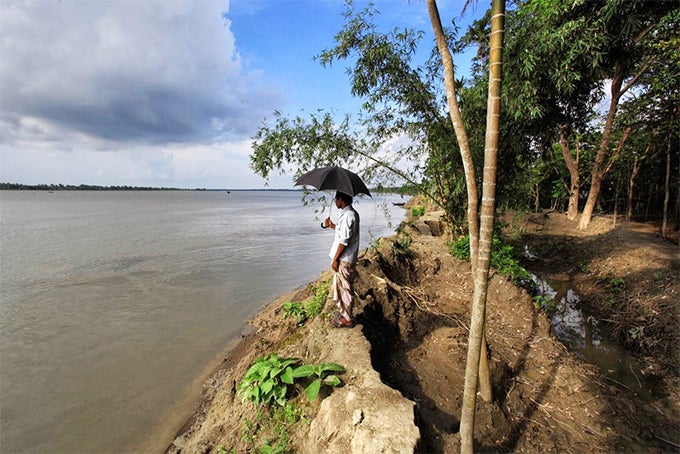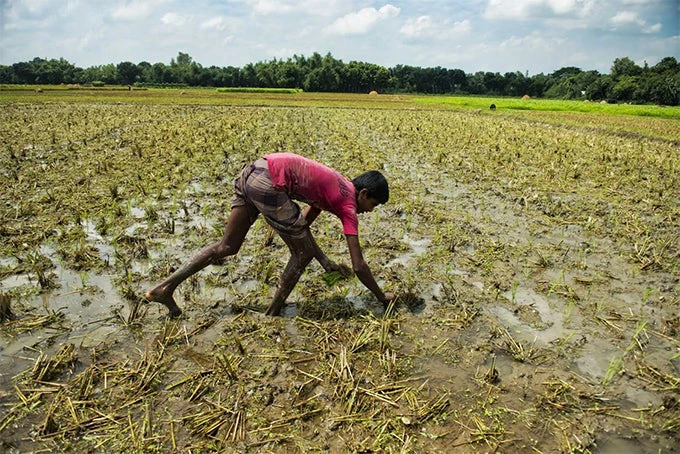
Delta regions constitute only 5% of the land area but are home to more than 500 million people. The proportion of deltas susceptible to flooding is projected to further increase, thus affecting negatively the livelihoods of local populations, in particular farmer communities.
Recently, the International Council for Science (ICSU) endorsed the Global Sustainable Deltas Initiative (SD2015). The objective of this initiative is to bring attention to the importance and vulnerabilities of delta regions worldwide. To this aim, the University of Minnesota-led Belmont Forum DELTAS project is working to create a global vision for deltas through scientific integration, collection and sharing of data and stakeholder engagement.
Out-migration is changing the economic and population dynamics of the country
In many tropical deltas high levels of out-migration, both domestic and international, have contributed for the most part to population change. In the Mekong delta, for example, the 2011 out-migration rate was 9.6%, which is the highest amongst all Vietnamese regions. In the coastal Ganges-Brahmaputra-Meghna delta of Bangladesh, internal rural-to-urban migration and out-migration to Dhaka strained already weak public services.
Relatively large emigration flows, including to India, constitute not only a major demographic issue, but also trigger vivid political debates.
Therefore, a key question is how to manage effectively out-migration from tropical deltas in the largest context of human development in these regions and beyond.
Clearly, there are some benefits to labor migration, primarily linked to remittances. However, there are also potential negative implications to large migration flows from delta regions.
A recent study conducted by University of Southampton and the International Centre for Diarrhoeal Disease Research in Bangladesh concluded that migration levels will be the main factor of future population change in coastal Bangladesh. If migration trends continue at the current pace, the overall population in the study area is expected to decrease by almost 20 percent. This will impact not only the livelihoods of some households, but also national economies since delta regions are the food baskets of the world and contribute to reducing global food insecurity.
Ensuring effective migration management policies, while taking into account environmental conditions and expected impacts on climate change will therefore be crucial to sustain development strategies for tropical deltas. Given the ongoing work on the Sustainable Development Goals (SDGs), now is the time to consider these delta specific challenges in a broader context.



Join the Conversation